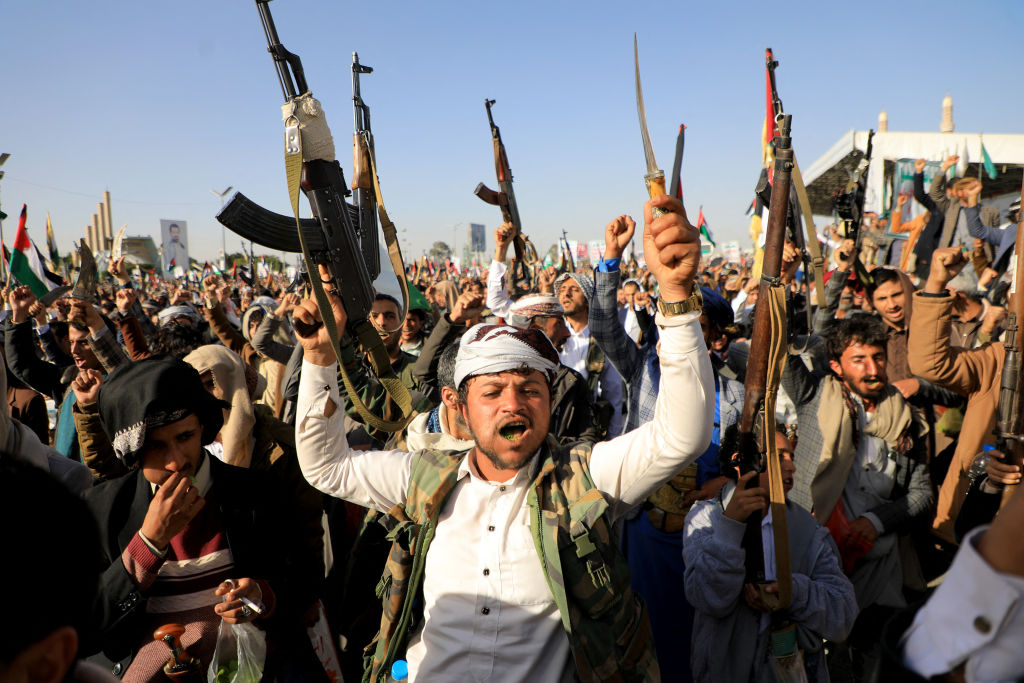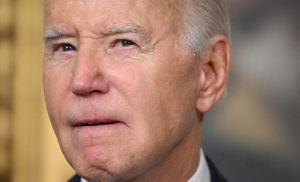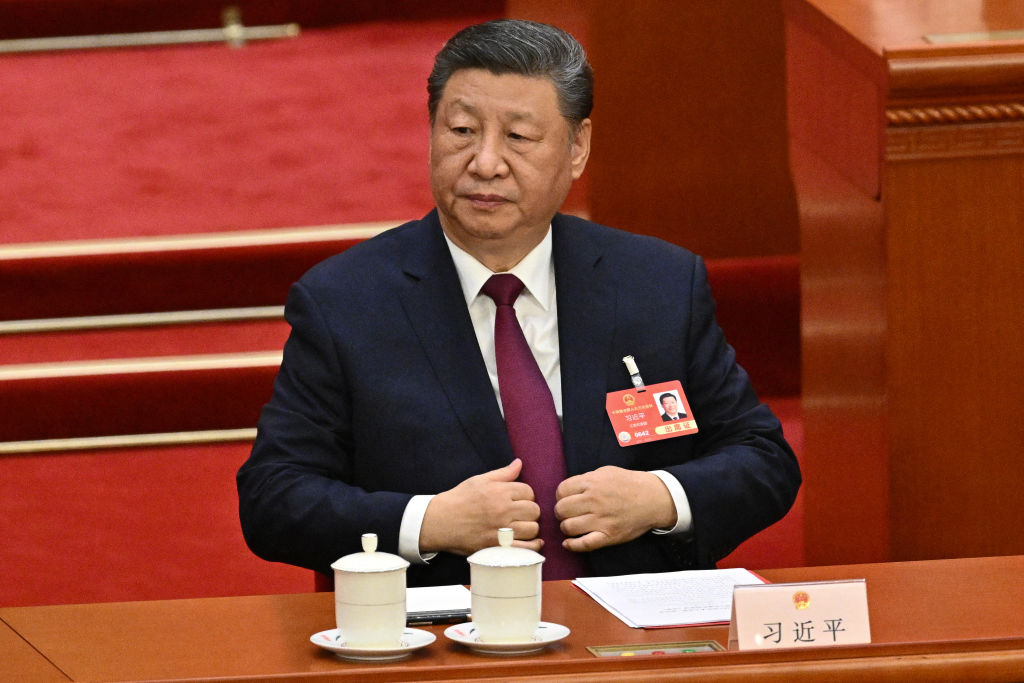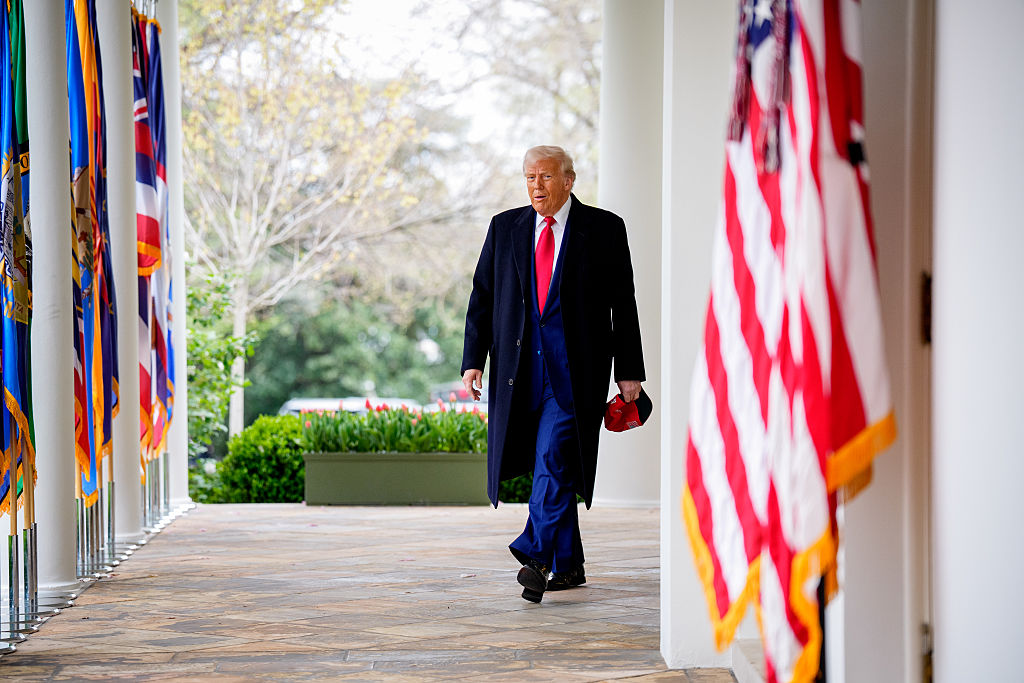So much for President Donald J. Trump’s serial vows to extricate America from the Middle East’s seemingly endless wars and feuds. His bombing on Saturday of numerous targets in Yemen has further enmeshed it in them. Several weeks of bombing loom as Trump vows to crush the Iranian-backed Houthi militia and warns Tehran that it might be in for similar treatment.
His statement was unequivocal: “To Iran: Support for the Houthi terrorists must end IMMEDIATELY! Do NOT threaten the American People, their President, who has received one of the largest mandates in Presidential History, or Worldwide shipping lanes. If you do, BEWARE, because America will hold you fully accountable.” Whether the Iranian mullahs will be impressed by Trump’s fulgurations is an open question. So far, they have not. Neither have the Houthis.
Instead, both the Iranians and the Houthi rebels appear to be reveling in America’s predicament. In targeting the Houthis, Trump has elevated them as an opponent. Trump may assert that he is carrying out “decisive and powerful” air strikes but there is no evidence that they will prove any more efficacious than the ones that the Biden administration previously carried out in response to Houthi assaults against military and commercial vessels. In this instance, it appears that the Houthis hold the cards.
With his customary penchant for hyperbole, Trump called Biden’s response in the past “pathetically weak.” But the cold, hard truth is that air strikes have seldom proven lethal enough to decapitate rebel movements and regimes in the Middle East. That would require inserting ground troops — something that Trump, who campaigned against “forever wars,” is presumably loath to embark upon. Instead, he has turned to the emotionally satisfying sight of creating fireworks over Yemen that are supposed to frighten the Houthis and Iranians into submission.
Trump’s larger ambition, of course, is to prompt Iran to begin negotiations over freezing its nuclear program. Trump has stated that he dispatched a letter to Iranian leaders proposing bilateral talks. Iran’s Supreme Leader Ali Khamanei called the letter “unwise” and a “threat.” The likelihood is that the attack on the Houthis will lead Iran to harden rather than soften its stance toward negotiations. Whether Trump is truly serious about targeting Iran’s nuclear program militarily or bluffing will become clear in coming months. Like the Ukraine conflict, which he originally promised to solve in 24 hours and now says he was being “a little sarcastic” about, Trump may well discover that Iran proves more intractable than he had anticipated.
If there is one ambition that recent American presidents have espoused, it is attenuating American military commitments in the Middle East, in favor of shifting its attention to countering China’s attempts to expand its influence in East Asia. They have all failed. Now that he is preparing for a weeks-long bombing campaign, Trump may discover that his efforts to redirect American foreign policy are no more successful than those of his predecessors.


























Leave a Reply